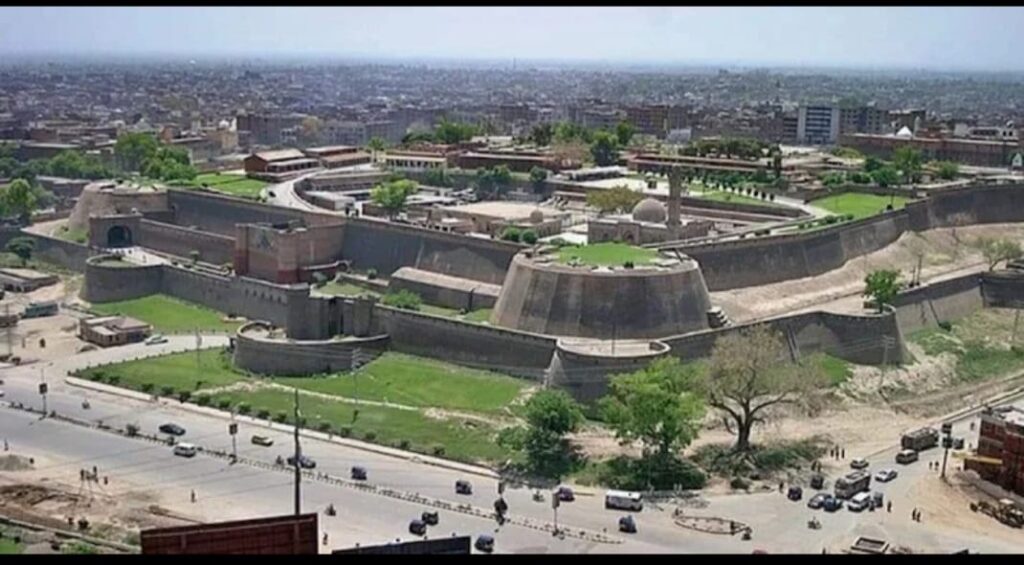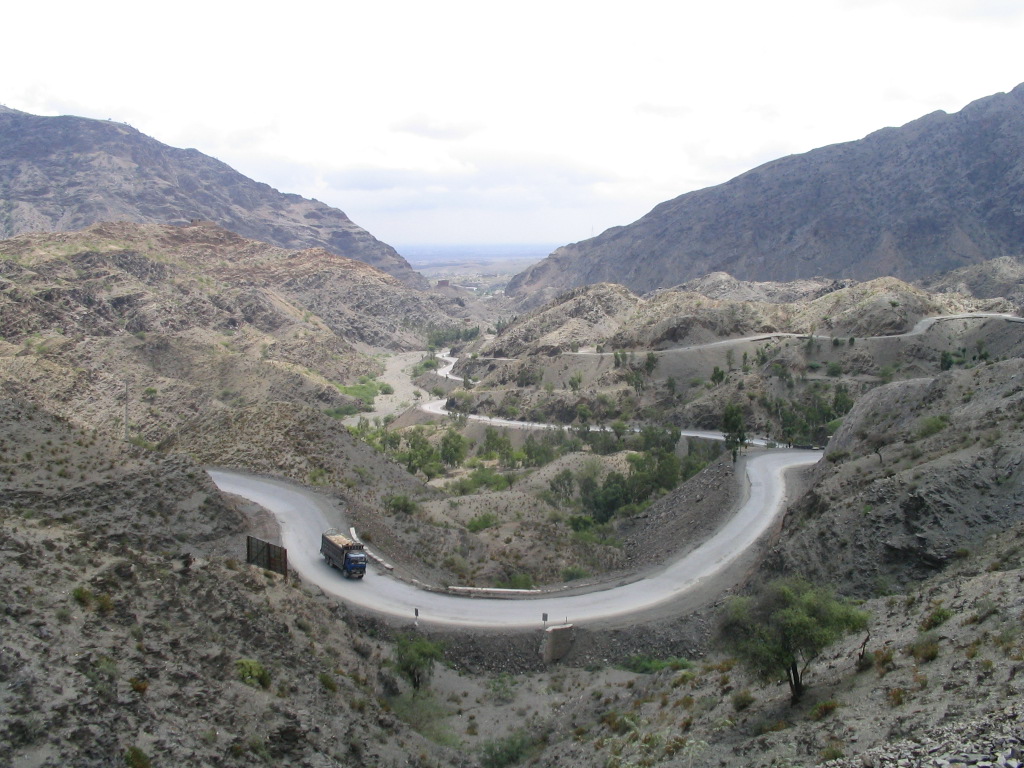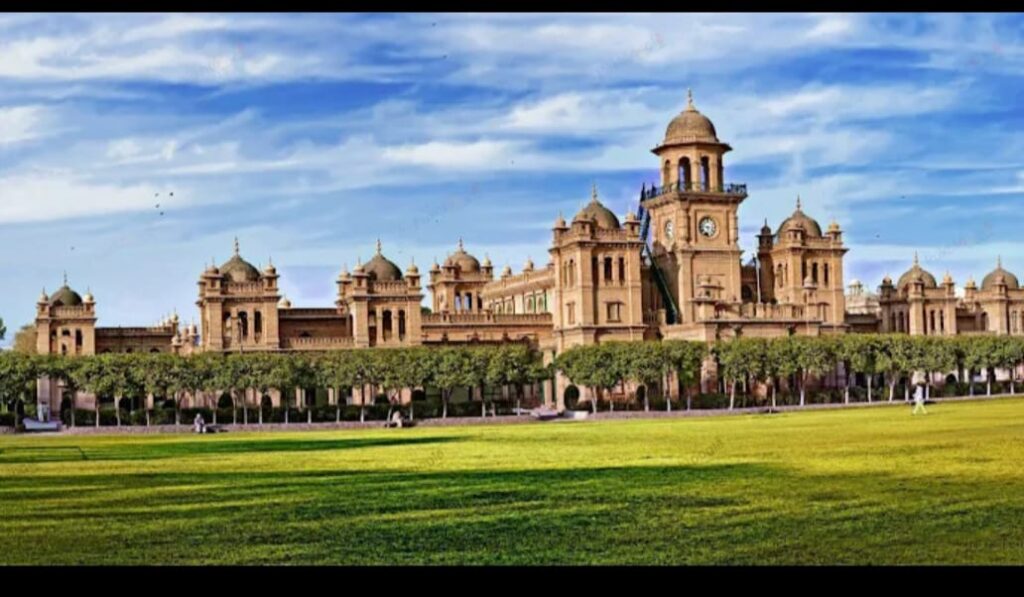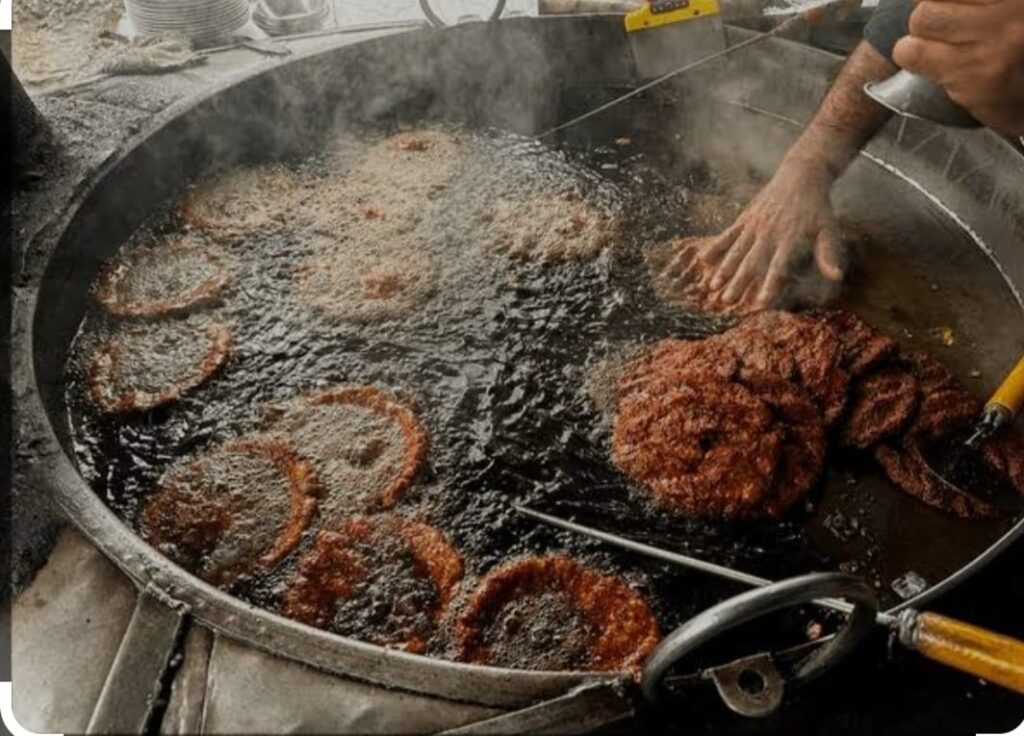Exploring Peshawar: A Historic Gem in Pakistan
Peshawar, often referred to as the “City of Flowers,” is a vibrant tapestry of ancient history, diverse cultures, and remarkable architecture.
Nestled in the heart of Pakistan’s Khyber Pakhtunkhwa province, this city is considered one of South Asia’s oldest urban hubs, with a history that dates back to at least 539 BCE.
From its position as a crucial trade route along the Silk Road to its role as the cultural and economic seat of various empires, Peshawar offers a truly unique blend of past and present.
For travel bloggers, history enthusiasts, and the Pakistani diaspora, Peshawar unveils a captivating story of resilience, tradition, and heritage.
If you’re planning on exploring its wonders, this guide will provide insights into the city’s top attractions and reveal the best time to visit.
What Makes Peshawar a Must-Visit Destination?
Few cities in the world can claim a history as layered and compelling as Peshawar’s.
Once part of the Gandhara civilization, the city became a strategic capital during the Kushan Empire under Kanishka the Great.
Over the centuries, it has left its marks on numerous civilizations, including Persian, Greek, Mughal, and Sikh Empires.
Modern-day Peshawar retains the beauty of its historical charm while bustling with present-day urban life. Visitors to the city can enjoy ancient mosques, intricately designed havelis, vibrant bazaars, and delicious Pashtun cuisine—all against a mountainous backdrop.
Some highlights include:
- Architecture: Standout landmarks like the Mahabat Khan Mosque and Bala Hissar Fort showcase Peshawar’s historic splendor.
- Culture and Diversity: The city is a melting pot of Pashtun traditions mixed with influences from Punjab and Central Asia.
- Historic Trade Hubs: Explore famous marketplaces, including Qissa Khwani Bazaar, which has been a hub for storytellers and travelers for centuries.
Visiting Peshawar means stepping back in time while experiencing the warmth and hospitality of its people.
Best Time to Visit Peshawar
Climate Overview
Peshawar experiences a hot semi-arid climate with sweltering summers and relatively mild winters.
Rainfall is unevenly distributed between winter and summer.
Visitors should avoid mid-May to mid-September due to extreme heat, with temperatures often exceeding 40°C (104°F).
The best time to visit is from November to March, when the weather is cooler.
The months of December and January are especially pleasant, allowing for comfortable exploration.
Spring (March and April) adds a touch of greenery and freshness to the city’s landscape, although it can still be slightly warm during the day.
Events and Festivals
To truly immerse yourself in the local culture, consider planning your trip around festivals:
- Nauroze Festival (Spring Equinox): A celebration of new beginnings, light, and energy.
- Peshawar Music Grand Shows: Witness folk performances that highlight Pashtun culture.
- Winter Markets: Some of the city’s bustling bazaars, like Saddar and Shoba Chowk, become particularly vibrant during this period, offering unique shopping opportunities.
Top Attractions to Visit in Peshawar
1. Qissa Khwani Bazaar (Storytellers’ Market)
No trip to Peshawar is complete without visiting this historic bazaar. Known as the “Storytellers’ Market,” Qissa Khwani Bazaar is steeped in history and offers a sensory overload of sights, sounds, and aromas.
This bazaar was famous for tribal storytellers who recounted tales of valor over freshly brewed tea.
Today, it’s an excellent place to shop for traditional goods, sample local delicacies, and experience the lively soul of Peshawar.
Once a gathering place for merchants, poets, and travelers along the Silk Road, it’s now lined with shops selling jewelry, fabrics, and local goods. It’s also a great spot to sip on authentic green tea.
2. Bala Hissar Fort

Originally built as a citadel, Bala Hissar Fort offers panoramic views of Peshawar and the surrounding valley. Steeped in history, it has served as a defensive stronghold for Mughals, Sikhs, and British forces.
Pro Tip: Visit before sunset to enjoy the play of colors over the valley and capture stunning photographs.
3. Mahabat Khan Mosque
Named after a Mughal governor, this 17th-century architectural marvel is known for its serene courtyard and intricate frescoes. A visit here offers a glimpse into Peshawar’s Islamic heritage.
4. Peshawar Museum
With one of the most comprehensive collections of Gandharan art, the Peshawar Museum is a must-visit for history buffs. The museum houses Buddhist relics, Hindu artifacts, and pieces highlighting the city’s rich past under the Kushan Empire.
5. Heritage Trail and Sethi Houses
Take a walk along Peshawar’s newly restored Heritage Trail, which leads you to Sethi Mohallah, a historic cluster of mansions built by the trader Sethi family. The wooden balconies and latticed windows of these houses are architectural wonders.
6. Khyber Pass (nearby excursion)

While technically outside the city, no trip to Peshawar is complete without a short ride to the Khyber Pass, a historic route that connected Central Asia and the Indian subcontinent.
7. Chowk Yadgar
A significant landmark in Peshawar’s old city, Chowk Yadgar stands as a memorial to the heroes of Pakistan who lost their lives. Located in a bustling area, it also serves as a meeting point for locals and travelers. The surrounding streets are teeming with vendors, offering a glimpse into the vibrant street culture of Peshawar.
8. Islamia College

One of Peshawar’s most esteemed educational institutions, Islamia College is an architectural gem with lush gardens and grand domes. Established in 1913, this historic college has played a vital role in Pakistan’s academic and political history.
Visitors are captivated by its serene beauty and the spiritual ambiance of its grounds.
Peshawar truly offers an unforgettable experience that blends centuries of history, timeless traditions, and modern vibrance. This ancient city invites travelers to explore its lively streets, architectural wonders, and welcoming culture, leaving them with memories to treasure for a lifetime.
What to Eat in Peshawar?
Peshawar offers an unforgettable culinary experience that reflects its Pashtun roots:

- Chapli Kebabs: A signature dish made from minced beef or mutton, served with naan and chutney.
- Kabuli Pulao: Rice cooked with tender meat and topped with nuts and raisins—a must-try for all food lovers.
- Afghani Karahi: A rich and flavorful meat dish cooked with tomatoes, spices, and green chilies.
Pair these with sweetened green tea called ‘Qehwa’.
For dessert, don’t forget to taste Peshawari ice cream and jalebis, available at many roadside shops.
Insider Tips for Exploring Peshawar
- Respect Local Customs: Peshawar is deeply rooted in its traditions, so always dress modestly and ask for permission before photographing people.
- Timing Your Visits: Explore outdoor attractions in the mornings or late afternoons to avoid the midday sun.
- Local Guides: Hiring a knowledgeable local guide can enrich your experience, offering historical narratives and cultural insights.
- Transportation: Use rickshaws or a private car for mobility. Public transportation can be complex for first-time visitors.
- Safety First: While Peshawar has become safer over the years, it’s always wise to check travel advisories before planning your trip.
Peshawar Awaits You
Peshawar epitomizes the beauty of cultural interconnectedness, making it an unforgettable destination for history enthusiasts, travel bloggers, and members of the Pakistani diaspora.
Whether you’re marveling at ancient Buddhist stupas, sharing a smile with a shopkeeper in Qissa Khwani Bazaar, or simply enjoying the taste of a Chapli Kebab, the city offers experiences that transcend time.
Start planning your trip to Peshawar and discover the intersection of history, culture, and hospitality that will leave you longing for more.
